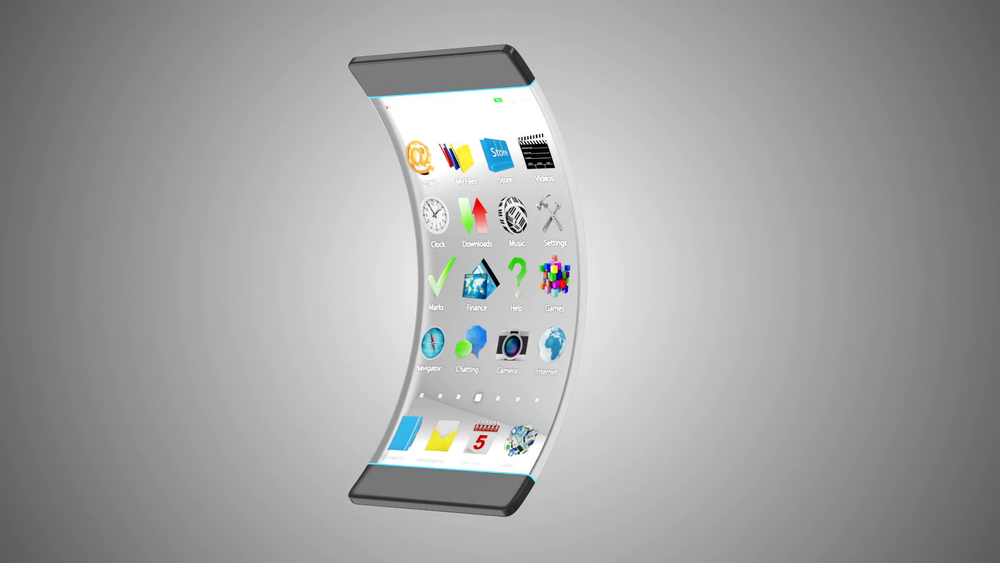In today’s digital age, social media platforms have become indispensable tools for musicians seeking to promote their music effectively. From connecting directly with fans to leveraging viral trends, social media plays a multifaceted role in shaping the success of music promotion strategies.
Importance of Social Media in Music Promotion
Social media platforms serve as virtual stages where artists can showcase their music, interact with fans, and amplify their reach beyond geographical boundaries. They facilitate direct engagement, foster community building, and offer powerful marketing tools that can significantly impact an artist’s career trajectory.
Building a Presence on Social Media Platforms
The first step in leveraging social media for music promotion is establishing a strong presence across relevant platforms. Understanding your target audience and selecting the right platforms (e.g., Instagram, TikTok, Twitter, Facebook) based on demographic and behavioral data lays the foundation for effective promotion.
Choosing the Right Platforms
Different social media platforms cater to diverse demographics and user behaviors. For instance, Instagram and TikTok are popular among younger audiences interested in visual and short-form content, while Facebook and Twitter appeal to a broader demographic with varying content preferences.
Optimizing Profiles and Bios
Optimize your social media profiles with high-quality visuals, a compelling bio that highlights your music style and achievements, and links to your music releases and official website. Consistency in branding across platforms reinforces your identity and enhances brand recall among followers.
Engaging with Fans and Followers
Engagement is key to cultivating a loyal fan base on social media. Develop a content strategy that resonates with your audience’s interests, share behind-the-scenes glimpses of your music journey, and encourage interaction through polls, Q&A sessions, and comments.
Content Strategy and Posting Schedule
Maintain a consistent posting schedule to keep your audience engaged without overwhelming them. Experiment with diverse content formats such as videos, photos, stories, and live streams to cater to different consumption preferences and maximize reach.
Interaction and Community Building
Actively engage with fans by responding to comments, acknowledging user-generated content, and fostering a sense of community around your music. Authentic interactions strengthen fan loyalty and encourage word-of-mouth promotion, amplifying your reach organically.
Leveraging Visual and Multimedia Content
Visual and multimedia content captivates audiences and enhances storytelling. Share professionally shot music videos, captivating photoshoots, and spontaneous behind-the-scenes moments to humanize your brand and forge deeper connections with followers.
Live Streaming and Behind-the-Scenes Content
Live streaming platforms like Instagram Live and Facebook Live offer real-time interaction opportunities with fans. Use these platforms to debut new music, host live Q&A sessions, and provide exclusive behind-the-scenes access, creating excitement and engagement around your releases.
Collaborating with Influencers and Brands
Collaborating with influencers and brands can amplify your reach and introduce your music to new audiences. Identify influencers whose values align with your music style and target demographic, and explore partnership opportunities that leverage their influence to promote your music authentically.
Utilizing Paid Advertising on Social Media
Paid advertising on social media allows you to target specific demographics, increase visibility, and drive traffic to your music releases and profiles. Define your advertising objectives, set a budget that aligns with your promotion goals, and monitor campaign performance to optimize ROI.
Targeting Options and Campaign Setup
Social media platforms offer sophisticated targeting options based on demographics, interests, and behaviors. Tailor your ad content to resonate with your target audience, experiment with A/B testing to refine messaging, and monitor key performance indicators (KPIs) like click-through rates and conversion metrics.
Budgeting and ROI Analysis
Allocate your advertising budget strategically across platforms and campaigns, focusing on channels that yield the highest ROI. Regularly analyze campaign performance using social media analytics tools to assess effectiveness, identify trends, and adjust strategies accordingly.
Harnessing Hashtags and Trending Topics
Hashtags are powerful tools for increasing discoverability and joining relevant conversations on social media. Develop a hashtag strategy that incorporates popular industry-specific tags and trending topics to enhance visibility and attract new followers interested in similar music genres.
Strategy for Effective Hashtag Use
Research trending hashtags and industry-specific tags relevant to your music genre and target audience. Incorporate a mix of broad and niche hashtags in your posts to maximize reach and engagement while ensuring relevance to your content.
Capitalizing on Current Trends
Monitor trending topics and cultural moments that align with your music style and brand identity. Create timely content that resonates with current events or viral trends to increase shareability and leverage the collective interest and engagement surrounding popular topics.
Running Contests and Giveaways
Contests and giveaways are effective tactics for boosting engagement, increasing followers, and generating buzz around your music releases. Define clear contest rules, offer enticing prizes like exclusive merch or concert tickets, and promote your contest across social media channels to maximize participation.
Benefits of Contests in Music Promotion
Contests encourage user-generated content and incentivize fans to share your music with their networks, expanding your reach organically. They also foster excitement and loyalty among followers, turning casual listeners into dedicated fans invested in your music journey.
Execution and Legal Considerations
Ensure your contest complies with social media platform guidelines and legal regulations governing promotions, including eligibility requirements, prize disclosures, and data privacy considerations. Clearly communicate contest rules and deadlines to participants to maintain transparency and credibility.
Measuring Success with Analytics Tools
Social media analytics tools provide valuable insights into your campaign performance, audience demographics, and engagement metrics. Track key performance indicators such as likes, shares, comments, and follower growth to gauge the effectiveness of your promotion efforts and inform future strategies.
Key Metrics to Track
Monitor engagement metrics like reach, impressions, and click-through rates to assess content performance and audience interaction. Analyze follower demographics and geographic distribution to refine targeting strategies and tailor content to resonate with your audience’s preferences.
Analyzing Engagement and Growth
Evaluate trends in engagement metrics over time to identify content types and posting strategies that resonate most with your audience. Use analytics data to optimize content scheduling, refine messaging, and capitalize on opportunities to maximize engagement and growth on social media.
Addressing Challenges and Negative Feedback
Navigating challenges such as negative feedback or criticism is integral to maintaining brand reputation and fostering trust with your audience. Respond to feedback promptly and professionally, address concerns transparently, and use constructive criticism to improve your music and promotional strategies.
Handling Criticism
Approach negative feedback as an opportunity for growth and improvement rather than a setback. Listen to constructive criticism, acknowledge valid concerns, and demonstrate a commitment to addressing feedback to build credibility and strengthen relationships with your audience.
Crisis Management Strategies
Prepare contingency plans and crisis management protocols to address unforeseen challenges or reputational risks on social media. Monitor online conversations, respond to crises swiftly and transparently, and leverage social media platforms to communicate effectively with stakeholders and mitigate negative publicity.
Conclusion
Social media has revolutionized music promotion by empowering artists to connect directly with fans, amplify their reach, and cultivate a loyal fan base. By leveraging social media platforms strategically, engaging authentically with followers, and adopting data-driven insights, musicians can enhance visibility, drive engagement, and achieve long-term success in the competitive music industry.




